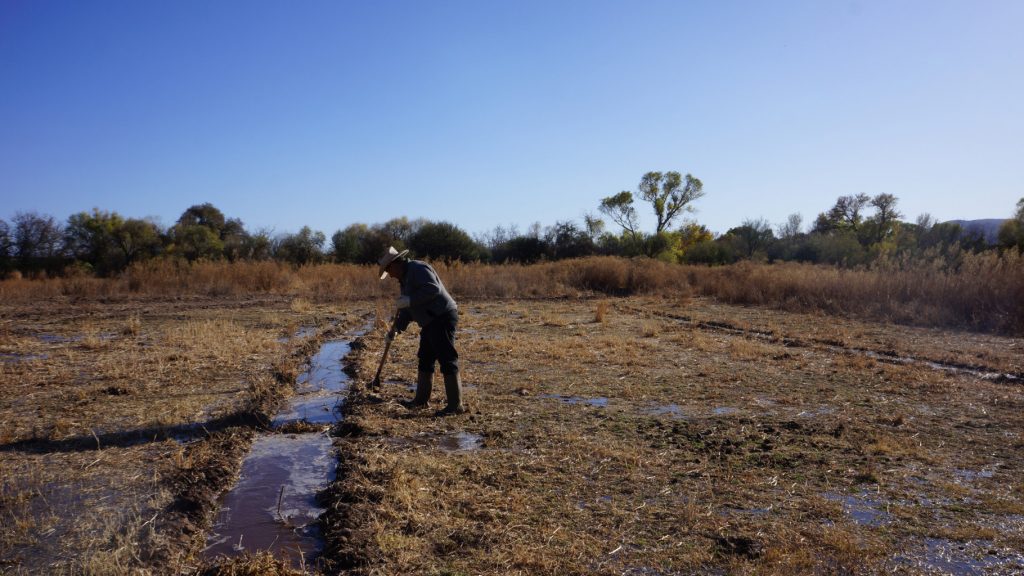Header photo credit: PODER
SUMMARY
On August 6, 2014, over 10 million gallons of toxic mining waste spilled from the Buenavista del Cobre mine complex in Sonora, Mexico, operated by a subsidiary of Southern Copper Corp. The toxic waste spilled into a tributary of the Sonora River and ended up polluting nearly 120 miles of the river, affecting more than 24,000 people in seven communities. Mexico’s Environment Minister at the time, Juan Jose Guerra Abud, called it “the worst natural disaster provoked by the mining industry in the modern history of Mexico.”
Members of the affected communities filed multiple legal actions in Mexico, seeking information, community consultation, compensation, and requirements to ensure that any ongoing mining operations do not result in further damage. Several participants in these lawsuits then brought a Foreign Legal Assistance action in the United States against Southern Copper, which is incorporated in Delaware and headquartered in Arizona.
The Arizona federal court ordered Southern Copper to turn over all relevant documents located in the United States related to the spill.

TIMELINE
2014
On August 6, over 10 million gallons of copper sulfate spilled from the Buenavista del Cobre mine in Sonora, Mexico, operated by a Southern Copper Corporation subsidiary. Mexican Environment Minister Juan Jose Guerra Abud called this “the worst natural disaster provoked by the mining industry in the modern history of Mexico.” Construction defects in leaching ponds in part of the mine that was under construction were a direct cause of the spill.
In response, affected communities along the Sonora River formed the Sonora River Basin Committees.
2015
The Committees filed six writ of amparo actions against various Mexican governmental entities as well as the mine owners and operators.
2016
The Committees filed one more amparo action, and their lawyer prepared to file an environmental lawsuit to require the mine companies to restore the affected environment.
On April 11, EarthRights and co-counsel represented several members of the Committees in filing a Foreign Legal Assistance petition against Southern Copper Corporation in U.S. federal court in Arizona.
On June 10, the district court issued an order granting the petition, but “only to the extent it seeks materials that are readily accessible to SCC employees in the United States.” The court left open the possibility that this might include electronically stored documents that were accessible from terminals in the United States. Later, the court ruled that “‘readily accessible’ electronically stored documents include those sent, received, produced, opened or accessed by an SCC employee” in the United States.
Under these parameters, very few documents were produced. The petitioners then filed a motion to compel additional documents.
2017
In response to petitioners’ motion, the court ordered Southern Copper to provide a staff member for deposition who was responsible for preparing their response to the document requests. Petitioners deposed this employee in May, and after it became clear that he was not actually involved in preparing the company’s responses to the document requests, petitioners moved for sanctions.
2018
In March, the court granted sanctions for Southern Copper’s conduct, and granted an additional deposition, but only “with regard to the information available in the United States.” Under those restrictions, petitioners opted not to pursue the deposition, and the case was closed.
DOCUMENTS
Petitioners’ Application for Discovery
Exhibits Supporting Application for Discovery
Southern Copper’s Opposition to Application for Discovery
Petitioners’ Reply Supporting Application for Discovery
Declaration Supporting Reply
Court Order Granting Discovery






